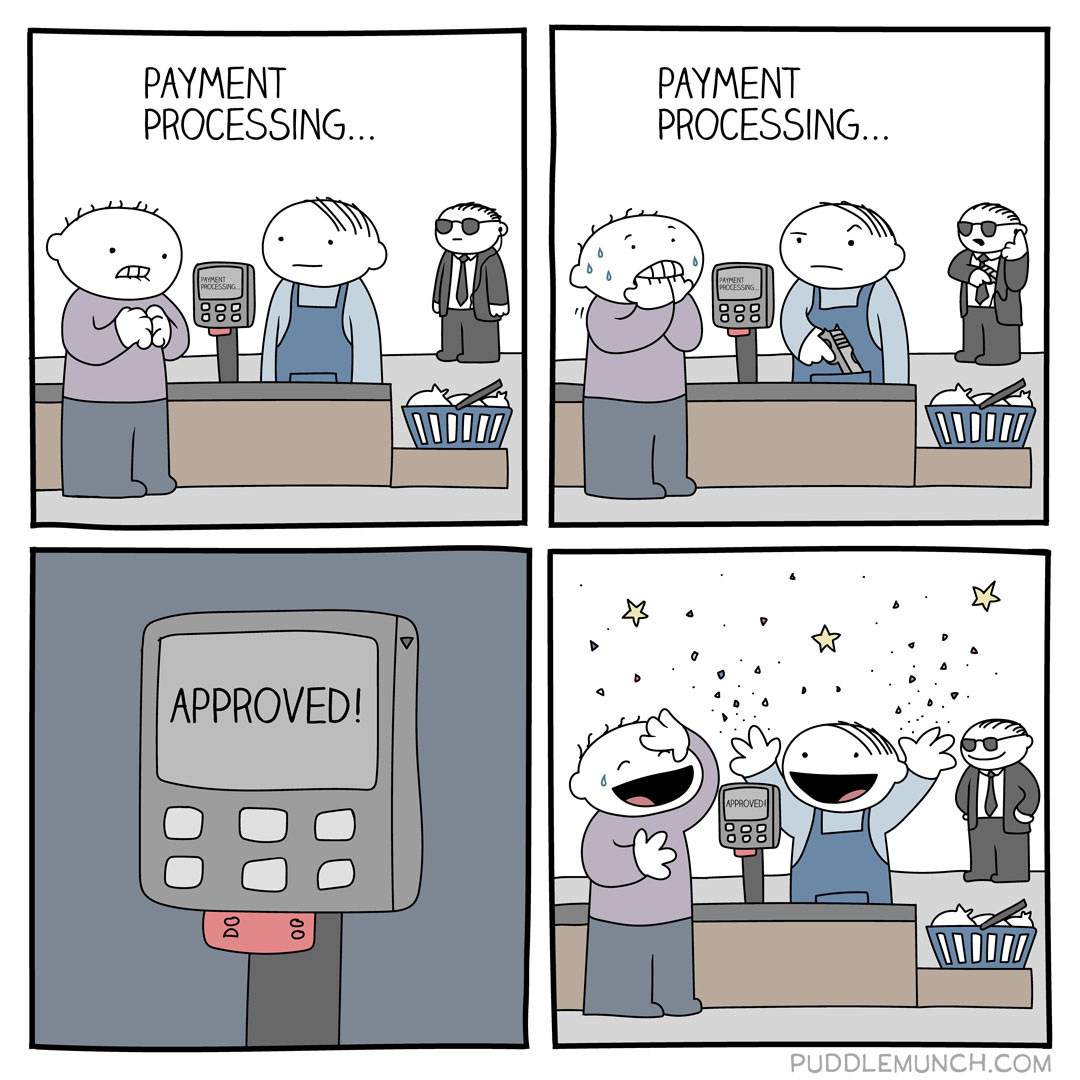How to Buy Happiness
The science of money vs mood
Many of our desires, plans, and dreams depend on cash. Whether we’re going to a restaurant, booking a vacation, or looking for a new home, we have to worry about how much it’s likely to cost. The luxury lifestyles of celebrities attract awe and envy, while the thought of a pay cut inspires fear and anxiety. But can money solve the important problems in your life? Can it make you happy? Well, there’s one thing that matters more than how much money you have, and that’s how you use it.

Money can (sometimes) make you happy
There are two ways to measure happiness: 1) your general satisfaction with life over the long term, 2) your daily mood and wellbeing. These two facts don’t always match each other. You could be someone who is generally satisfied with how your life is playing out, but actually feeling rather sad day to day. Or you could be someone who is quite happy when you wake up in the morning but unsatisfied with your life story.
Money has a different relationship with each of these happiness measures. The more money you earn, the higher your general life satisfaction becomes (although, as you get richer, the total amount of money you need to feel more satisfied grows exponentially). Daily emotional wellbeing tells a different story. It improves with increasing salary up to about $75,000 a year (at least in 2010), and then plateaus—it doesn’t matter how much money you make after that, your day-to-day emotional life is unlikely to improve. So, in a sense, money can buy you life satisfaction, but your daily happiness requires something else. To become a happy person, you need to use your money wisely…
Meet the wise buys
Using your money wisely means that you’re spending it in a way that makes you happy and healthy. We all know that we need to save money for the future, but many of us ignore our short-term wellbeing, which is just as important. It doesn’t matter how much money you have today if you’re miserable.
Fortunately, there’s some great research on what types of spending boost happiness. Here are some suggestions you can try for yourself:
Buy fewer material goods and more experiences: People consistently derive greater happiness from experiences (e.g. traveling or concerts) than from physical things (e.g. a new phone or television) because experiences tend to be more exciting and memorable. You get bored of physical things relatively quickly, and find less meaning in them. Unlike physical products, experiences also tend to be things that you pay for now and enjoy later (think of buying a ticket), which means you get the extra ongoing thrill of looking forward to the event!
Spend more on other people: Experiments repeatedly show that people are happier when they buy gifts for others and donate to charitable causes than when they buy things for themselves. Humans are deeply social animals, so it’s not surprising that making other people happy is a profoundly rewarding experience.
Buy many small pleasures rather than a few big ones: Buying a car may give you a bigger rush than buying a coffee, but remember that your brain is quick to adapt to new rewards. If you spread $500 over many small purchases in a month rather than blowing it all on a single purchase, you’re going to get regular jolts of happiness, instead of one big spike of pleasure that lasts only a few days. As the authors of this research paper point out: “Eating two 6 oz cookies on different days may be better than eating a 12 oz cookie at a single sitting. Research shows that people have some understanding of this principle, which is why they prefer to win a $25 lottery and then later to win a $50 lottery than to win a single $75 lottery”.
Giving away a fortune
Warren Buffett is the fourth wealthiest person in the world with a net worth of tens of billions of dollars. He’s also someone who understands happiness, as the video below highlights. Buffett has pledged to give away practically his entire fortune to charitable causes, in particular the Bill & Melinda Gates Foundation. If giving money to others is the best way to buy happiness, then Buffett may well be the happiest person on Earth.
A quick note
The Brainlift now has a Facebook page! I post occasional thoughts, inspiring quotes, and other bits of content right there. If you’re on Facebook and don’t want to miss anything, please click here to Like and follow the page. And, as always, spread the word among friends who might enjoy this. I’m already massively grateful for your positive comments and shares, which have helped to grow this readership. The bigger the community becomes, the longer I can keep it going. Thank you!
That final quote
Final words today are attributed to the writer Dale Carnegie, who poetically explains the difference between being successful and being happy:
“Success is getting what you want. Happiness is wanting what you get.”
❤️Please spread the word among friends who might like The Brainlift by sharing this newsletter. If you’re new here, subscribe below or visit erman.substack.com ❤️
Like The Brainlift on FACEBOOK
Follow me on TWITTER
Follow me on MEDIUM
Connect on LINKEDIN

